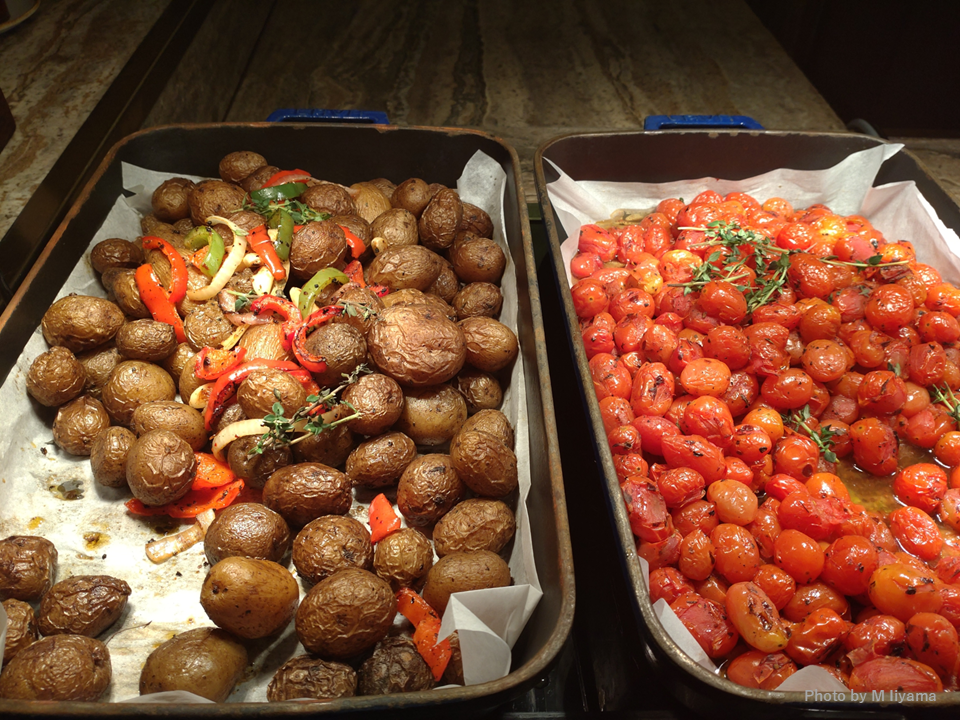Pick Up
1266. International Potato Day

1266. International Potato Day
May 30th is the International Day of Potato. Potatoes (Solanum tuberosum (L.)) are a crop consumed daily by billions of people. Potatoes are a key crop in diverse agricultural systems around the world, from small-scale farmers producing a variety of traditional varieties by hand in the Andes Mountains to large-scale commercial mechanized farms across multiple continents. Potatoes contribute to food security and nutrition, as well as livelihoods and employment for rural and urban people around the world.
This year's theme, "Shaping history, feeding the future," celebrates the potato's deep historical and cultural significance and its evolving role in today's global agri-food systems.
From its domestication in the Andes to its global spread through the Columbian Exchange and its involvement in key historical events such as the Irish Potato Famine, the potato has shaped civilizations and diets across continents for millennia.
- Originating in the Andes, the potato underpinned the Inca civilization and is revered as the "flower of ancient Indian civilization."
- Brought to Europe in the 16th century, the potato supported the rise of urbanization and was a driving force behind the Industrial Revolution.
- During the Qing Dynasty, the potato established itself as a key crop, alleviating famine in China.
- During World War II and subsequent conflicts, the potato's high yields and resilience supported food security during times of scarcity.
- The Great Irish Famine of the 1840s is a clear example of how a lack of diversity in genetic base and cultivation systems can have disastrous consequences.
Today, the potato is one of the cornerstones of food security and supports sustainable agriculture. More than 5,000 potato varieties provide genetic diversity to combat pests, diseases and the effects of climate change, contributing to sustainable agricultural practices.
Contributor: IIYAMA Miyuki, Information Program
